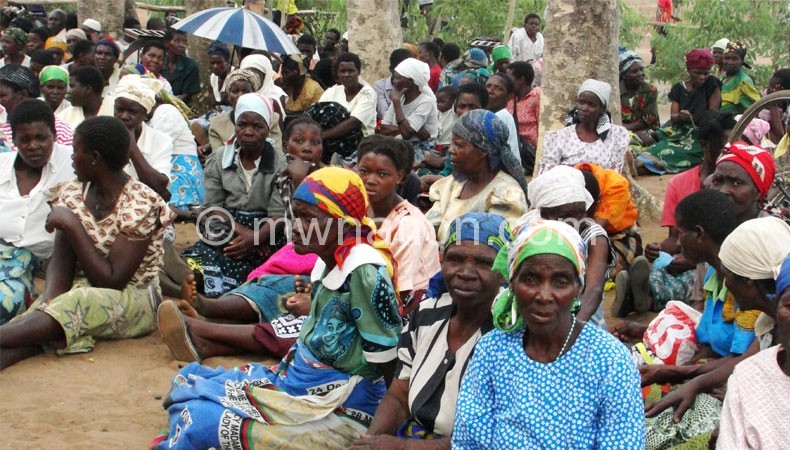IPA for evidence based planning
Innovations for Poverty Action (IPA), an international organisation that conducts impact evaluation on initiatives related to economic development, says there is need to institutionalise a culture of evidence-based planning in government and the NGO sector.
IPA-Malawi board member Charles Mandala said this in a statement after IPA-Malawi and the Abdul Latif Jameel Poverty Action Lab (J-PAL) for Africa partnered on a custom executive training workshop to build capacity in understanding methods of impact evaluation and in critically using evidence in policy decision-making process.

The training was held at Malawi Institute of Management (MIM) in Lilongwe and attracted more than 70 participants, including policy makers at director level, a judge of the high court, researchers, academicians, donors and development practitioners working in agriculture, finance, education and health, according to a statement made available to Business News.
Mandala said there is to ensure value for money when running projects and implementing only those that have been proven to work in supporting the poor before considering scaling them up.
On his part, country director for IPA Malawi Thomas Chataghalala Munthali, who was one of the presenters at the training workshop, noted that randomised evaluation is important because it is one impact evaluation tool that has capability to directly attribute observed community outcomes to a particular project being implemented.
“Often times, projects can only be seen as contributing to the wider socio-economic goals but the implementers can hardly know how much of the observed changes are directly attributable to their project,” he said.
Laura Poswell, executive director for J-PAL Africa, shared research evidence to participants that provided insights into the emerging body of global lessons learned on the effectiveness of social programmes and policies in agriculture and finance, education and health.
“In addition, the workshop highlighted results from randomised evaluations conducted in Malawi. Participants worked together to develop research questions on innovative programmes and had the chance to think critically about how to rigorously design studies to answer policy-relevant research questions,” reads the statement in part.
The event, according to the statement, showcased a landmark study conducted by IPA and J-PAL affiliated researchers Xavier Giné, Dean Yang and Jessica Goldberg, which is an example of how rigorous research can be translated into scalable programming.
The study also evaluated whether biometric identification technology, such as fingerprinting, can encourage borrowers to repay their loans and enable financial institutions to grant more loans to creditworthy applicants, thereby reducing the costs and risks of lending.





